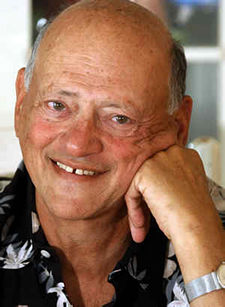N. F.L Playoff Games / Post-Season TO THE GAMBLER :Is like new years eve to the alcoholic
Monday, 31. December 2012
According to the National Gambling Study Commission, there are 5 million compulsive gamblers and 15 million at risk in the U.S.
“I have spoken to more compulsive gamblers than anyone else in America over the last 44 years and have gotten hundreds of phone calls after playoff games and the Super Bowl from compulsive gamblers,” Wexler says. “Some have spoken about embezzlements, white-collar crimes and destroying themselves and their families. Others were so desperate that they were contemplating suicide. “
“Over the years, I have also spoken to many college and professional athletes who had a gambling problem,” Wexler says. “In fact, an NCAA study a few years ago noted that there is a disturbing trend of gambling among athletes in college. Do you think that these people will get into the pros and then just stop gambling? ”
“Compulsive gamblers are very vulnerable during the NFL post season because they are looking for the “get out bet or lock bet,’ Wexler says. “The media hype juices the gambler and — as this is an impulse disorder — many compulsive gamblers will be in action. And I wonder if any players might have a bet on the games. “
“With all the games and the media hype about odds and betting lines, there is an explosion of betting on these games,” Wexler continues. “I can’t believe that newspapers carry ads from these so-called handicappers, who are really ‘scandicappers.’ It’s also interesting to note how often the information is incorrect. ” “I remember years ago when Skip Bayless, then of the Dallas Morning News, had a gorilla in the Dallas Zoo make football picks for them,” Wexler says. “The gorilla’s picks were doing better than the sports writers. I think the responsible thing to do would be for newspapers, radio and TV shows to carry a public service message. “
Arnie Wexler is a recovering compulsive gambler who placed his last bet on April 10, 1968. Wexler has been fighting the injustice of how sports, society and the judicial system deal with compulsive gamblers for the last 44+ years. He and his wife run a national help line: 1-888-LAST BET. If you want or need help, please call now. If you want to talk to arnie see info below
ASWexler.com
Arnie & Sheila Wexler Associates
Arnie Wexler —
Office: 561-249 0922
Mobile: 954 501-5270
